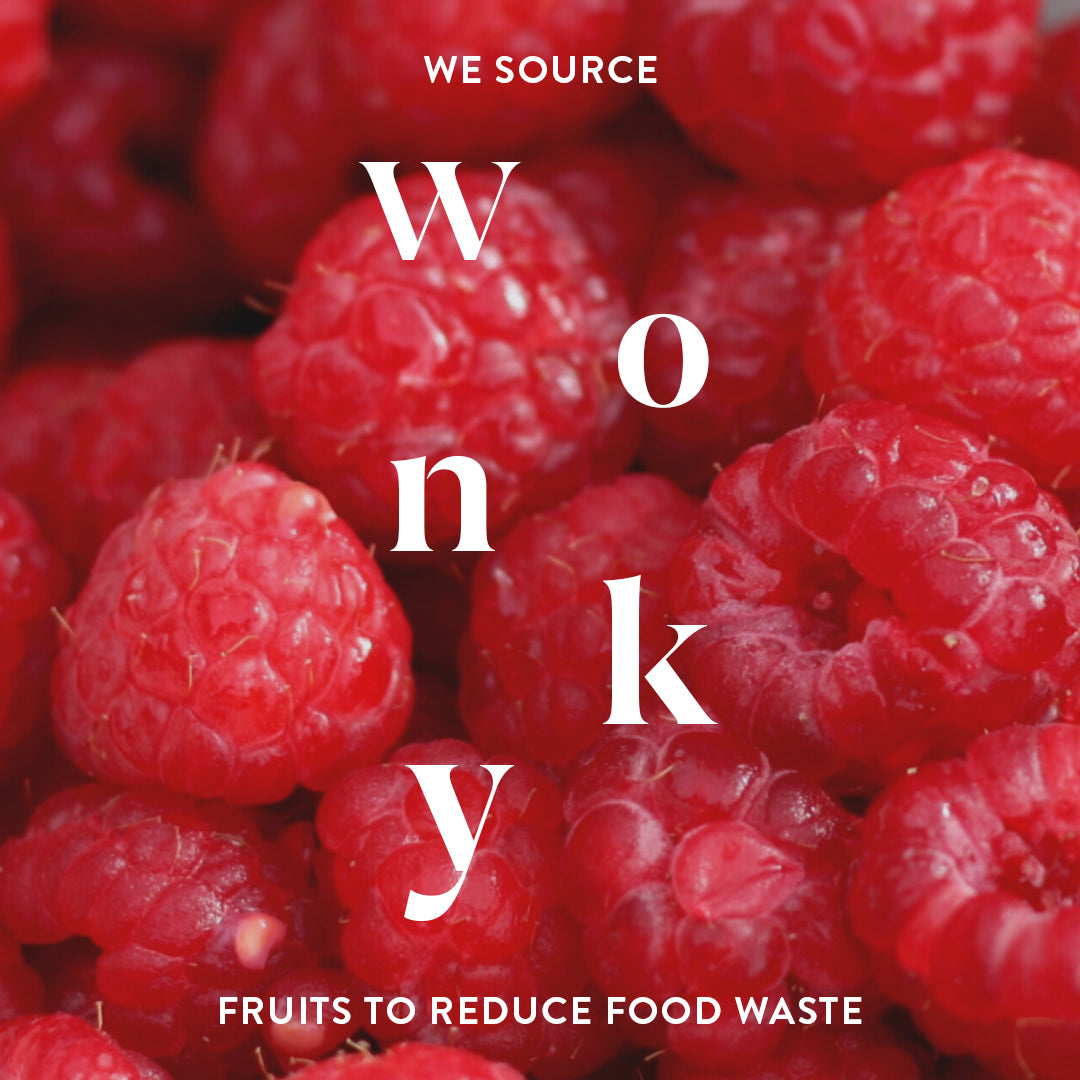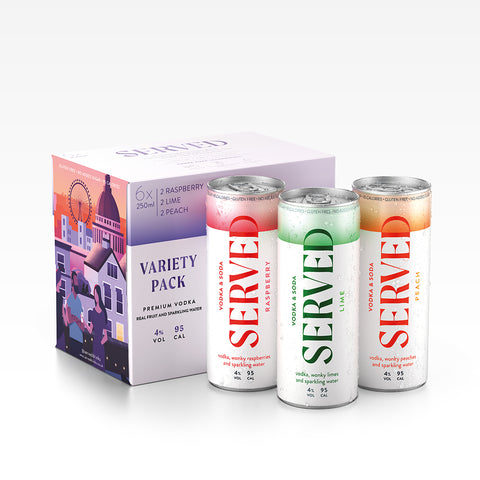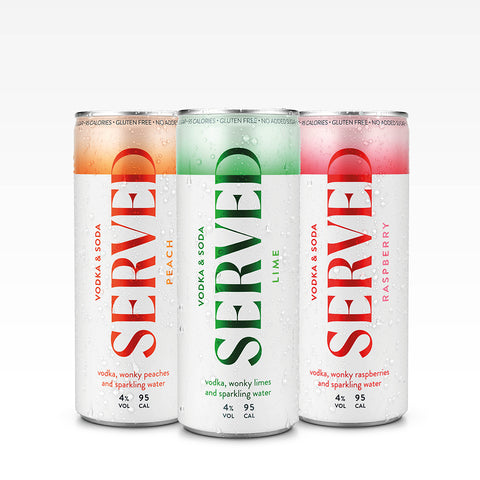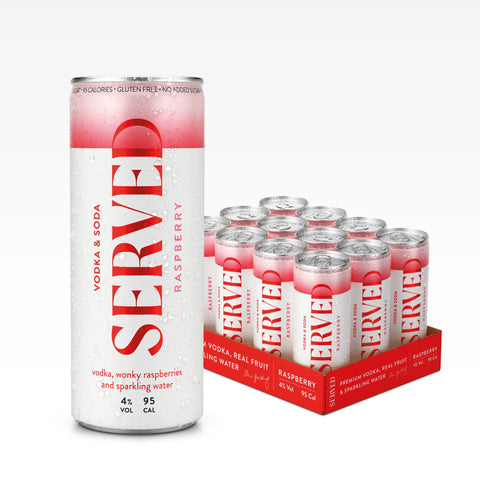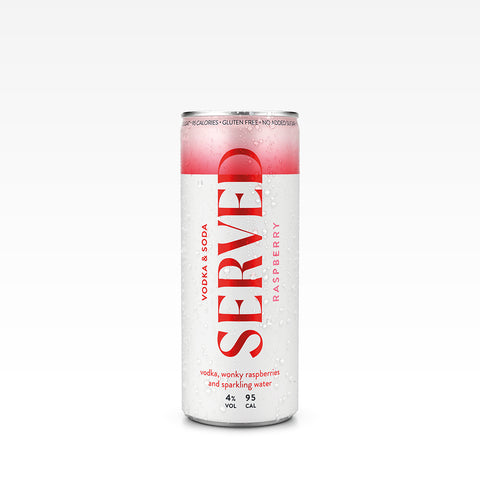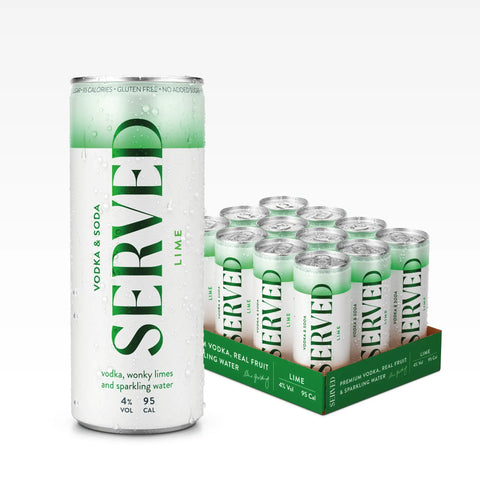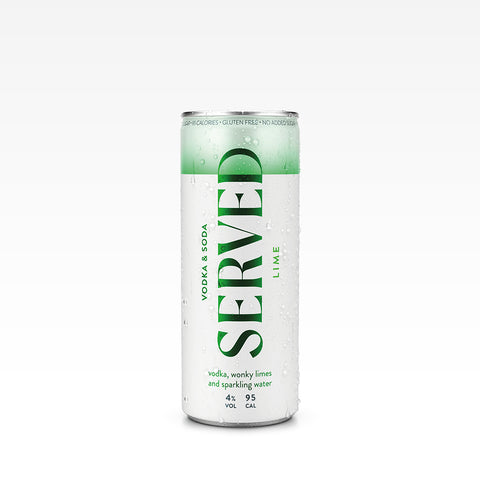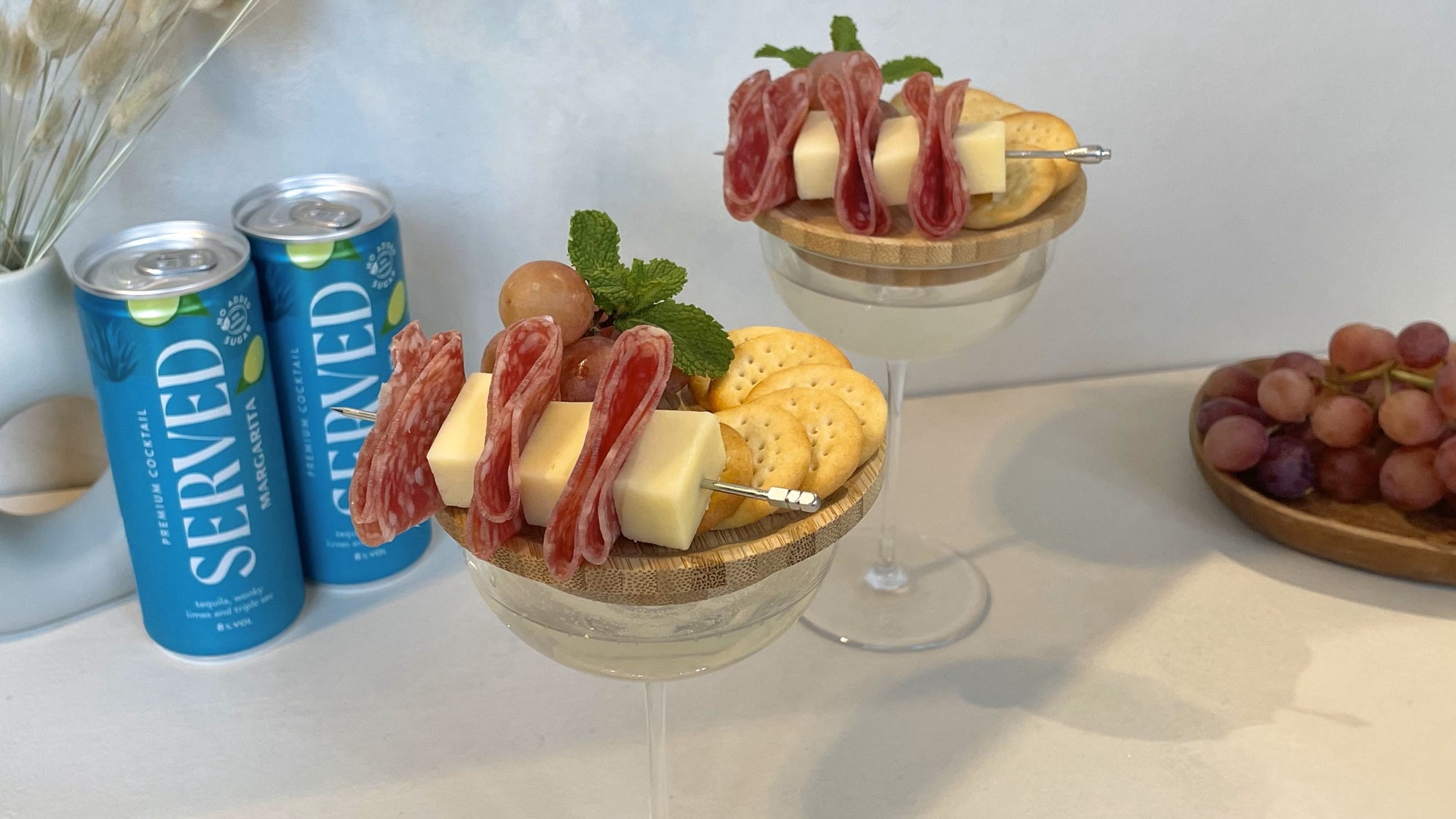Did you know that fruit and vegetables have to meet specific appearance standards to be sold on the grocery stores’ shelves and supermarket aisles? So, what’s the fate of the “ugly,” odd-looking produce?
A perfectly rounded, deep red and shiny apple does not always mean it tastes as good as it looks. People often say it’s what’s on the inside that counts and that’s perfectly true for some fresh product categories like fruit and veggies.
“Ugly” or “wonky” produce accounts for up to 40% of vegetable and fruit waste worldwide. That’s enough to feed billions of people. In the UK alone, 25% of apples, 13% of potatoes and 20% of onions end up in the landfills due to failing cosmetic standards before they even leave the farm gate.
With more than 820 million people going hungry every day, it is at least unfair to let delicious and fresh fruits and veg go wasted before they make it to our fork just because they don’t look nice. Isn’t it time, thus, to embrace misshapen - yet mouth-watering fruit and vegetables -, reduce food waste and play our part in building a greener and safer future for us and our children?
Why Give Love to Ugly Fruits & Veggies
First off, what is an ugly fruit or vegetable?
A minor quirk in the shape, size, colour or blemishes on a peel we don’t even eat are typical reasons for naming fruit or greens “ugly” or “wonky.” However, the appearance has usually no impact on the flavour or nutrients of fresh farm products. On the contrary, wonky fruits and vegetables can have the same nutritional value and rich taste as the normal-looking produce.
Fortunately, even though most grocery chains discard food failing to meet cosmetic standards, there are quite a few brands that include wonky veg in their juices, smoothies, drinks, soups and recipe boxes. Innovative beverage producers are also popping up to rescue wonky yet edible fruit, such as Served Drinks.
From the consumer side, perception and purchase behaviour toward imperfect fruits and vegetables seem to start changing. Modern consumers are sensible of food waste’s impact on their quality of life and their natural environment. For fresh veggies and fruits to grow, we need water, soil, seeds, fertilisers, labour and even fuel for transporting the goods to retailers.
Considering now that it takes 110 litres of fresh water to produce a kilogram of oranges, 63 litres for a kilogram of tomatoes and 320 litres to grow just one avocado, we can all understand how many valuable natural resources go wasted when we throw away wonky fruits and veggies.
How to Stop Food Waste by Embracing Wonky Fruits & Vegetables
The trending “ugly produce movements” organised by grocery brands, food activists and eco-conscious consumers are actively fighting against food inequality. Big supermarket chains have started selling wonky fruits and vegetables at a discount. At the same time, anti-food waste supporters create public campaigns to increase awareness about the importance of embracing the “ugly” produce.
Another way for consumers to prevent the waste of ugly fruits and veg is to encourage our local grocery shops to stock more of wonky produce at lower prices. Supporting companies or organisations that address the ugly food waste issue is also an easy, convenient and wise option.
Local farmers and hospitality businesses can drop off any unwanted, surplus or wonky food to food charity enterprises in their communities. More and more social and non-profit organisations are popping up in the UK, aiming to collect surplus food and facilitate its redistribution from commercial food companies to people in need.
The wonky fruit market has also attracted the attention of food startup companies that offer delivery services of aesthetically imperfect, though perfectly edible fruits and vegetables to consumers’ doorstep at almost half of grocery store prices.
Served Drinks’ Venture Against Food Waste
Served Drinks is the UK’s hard seltzer brand that only produces 100% sustainable beverages and zero waste. Wonky beet grown in local French farms is sourced to create the gluten-free, crystal clear, four-times distilled ServedPure™ spirit.
Served light alcoholic seltzers are also infused with wonky limes and raspberries that would otherwise go to waste. Wonky Tahiti limes grown in the Catanduva region of Brazil offer Served Lime Seltzers a deliciously sweet, less acidic flavour with a rich, fruity aroma.
The wonky raspberries grow in the fertile soil of local farms in the heart of Scotland’s Strathmere Valley. These delicate, responsibly-produced raspberries come in all shapes and sizes and infuse Served hard seltzers with a touch of natural sweetness and a crisp, light flavour.
The Bottom Line
Tons of vegetables and fruits go into the trash each year because they look weird, funny or simply unattractive. Yet that doesn’t mean they fall short in taste and deliciousness. With food waste taking a toll on our environment and the global supply chain of both rich and developing countries, consumers, governments, and the food and drinks industry have the responsibility to take urgent action.
Start by learning to love ugly fruits and veggies - because the beauty comes from the inside, and the same does taste!

